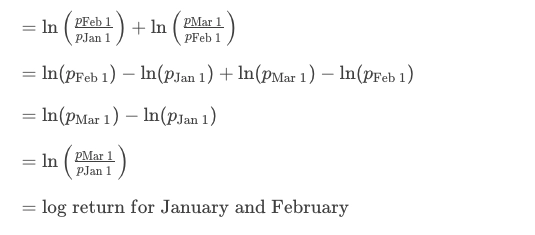Personal finance is a subject that everyone needs to understand, regardless of their age, income, or occupation. However, novice personal finance can have some problems that need to be understood and paid attention to. In this article, we will discuss some of the common issues that novice personal finance faces and provide some professional advice on how to overcome them.
1. Lack of Financial Literacy
One of the biggest problems with novice personal finance is a lack of financial literacy. Many people are not familiar with basic financial concepts such as budgeting, saving, investing, and debt management. This lack of knowledge can lead to poor financial decisions, which can have serious consequences in the long run.
To overcome this problem, it is essential to invest time in learning about personal finance. There are many resources available online, such as blogs, podcasts, and YouTube channels, that can help you learn about personal finance. You can also take courses or attend workshops on personal finance to gain a deeper understanding of the subject.
2. Overspending
Another common problem with novice personal finance is overspending. Many people spend more than they earn, which can lead to debt and financial stress. Overspending can be caused by various factors such as peer pressure, advertising, and lack of self-control.
To avoid overspending, it is important to create a budget and stick to it. A budget will help you keep track of your income and expenses and ensure that you are not spending more than you earn. You can also use tools such as apps and spreadsheets to help you manage your finances.
3. Lack of Savings
Novice personal finance often lacks savings. Many people do not save enough money for emergencies, retirement, or other long-term goals. This lack of savings can leave them vulnerable to financial shocks such as job loss, medical emergencies, or unexpected expenses.
To build savings, it is important to make it a priority. You should set aside a portion of your income each month for savings and make it a habit. You can also automate your savings by setting up automatic transfers from your checking account to your savings account.
4. High Levels of Debt
High levels of debt are another problem with novice personal finance. Many people accumulate debt through credit cards, student loans, car loans, and mortgages. High levels of debt can lead to financial stress, lower credit scores, and limited financial opportunities.
To manage debt, it is important to prioritize paying off high-interest debt first. You should also avoid taking on new debt unless it is necessary and manageable. You can also consider debt consolidation or refinancing to lower your interest rates and monthly payments.
In conclusion, novice personal finance faces several problems that need to be understood and paid attention to. By investing time in learning about personal finance, creating a budget, building savings, and managing debt, you can overcome these problems and achieve financial stability and security. Remember that personal finance is a lifelong journey that requires discipline, patience, and perseverance.







